Five years ago, Mariia Ponomarova’s normal routine of attending the International Film Festival Rotterdam (IFFR) included seeing about four films a day across roughly five days of the festival. As a film director from Kyiv and based in the Netherlands – who after spending a decade in Amsterdam, moved in 2024 to Rotterdam, – attending the IFFR as one of the five largest film festivals in the world is crucial to her profession.
But this year, Ponomarova is actively disengaging from the film festival entirely. The reason? In the simplest terms: “russians are keep on killing us [Ukrainians]. I don’t think it’s appropriate to show their films as if nothing is going on and culture is not political. For me, this makes total sense, but for the outside world, it is apparently a debate question,” she shares.
“I am not saying, ‘don’t ever watch russian films’,” she continues. “I’m saying it’s insensitive to keep on showing russian films without a strong decolonial, anti-imperialist perspective while russians are committing genocide.”
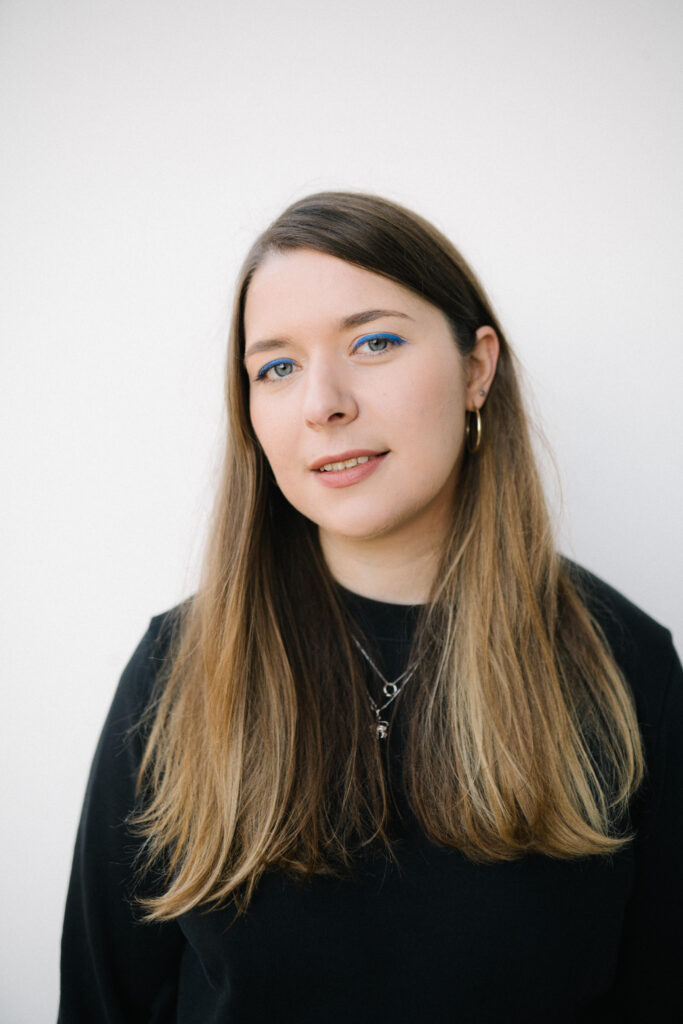
“Not all russians”
When international audiences hear Ukrainians’ pleas to not engage in russian culture, a common knee-jerk response is to label such pleas under the category of discrimination against russians – surely there are also “good russians” among those filmmakers, who are against the so-called “Putin’s war.”
But this “there’s good russians too” narrative fails to address russian culture’s narratives of self-victimization, as pitied and romanticized in stories of the “mystical russian soul” trapped in gulag, war and exile.
The IFFR’s decision to continue to show russian films “creates a very dangerous beast,” warns Ponomarova, meaning that seemingly, no scale of Ukrainian genocide is enough to disrupt the film industry’s status quo.
“What has been done to own their complicity?” Ponomarova continues. “These voices have been so loud and present, that giving someone else the spotlight feels outrageous to them; they feel hurt.” And when a beast is hurting, it’s better not to touch it.
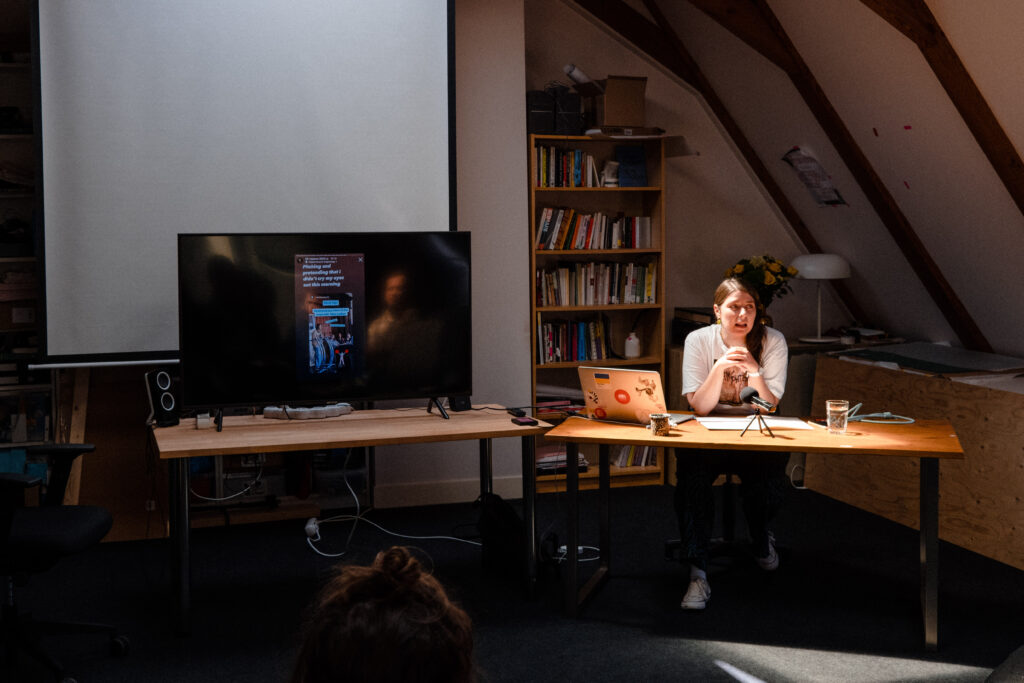
Ukraine stars on the screen
Alongside IFFR, several other film festivals such as the Bienniale di Venezia launched special screenings and expanded their programs to include Ukrainian films after the full-scale invasion, however kept on trying to play parity and didn’t stop screening films directed by russians. But between 2015 and 2022, only four Ukrainian films were screened at the IFFR, with the first Ukrainian film debuting in the ‘films from oz’ category in 1995.
“It’s no surprise that there has been a lack of presence of Ukrainian cultural makers in the Dutch landscape. It was overlooked for years pre-invasion due to the colonial blindness, and now, since the russia’s full-scale invasion – it’s even more challenging, since a lot of filmmakers, such as Oleh Sentsov, whose film Gamer was shown at IFFR too, are on the frontline. People from every film industry profession are now part of the Ukrainian Armed Forces. However some of them will never return to the film sets, because they were killed by russians. Only last month, for example, we lost our colleagues such as producer Stas Prytula and gaffer Inokentii Zapotochnyi,” Ponomarova explains.
Audiences at this year’s 54th edition of the IFFR can view an impressive lineup of Ukrainian films, ranging from contemporary to older works. It’s “a big deal,” says Ponomarova, that Rotterdam is including a slew of films by Ukrainian filmmaker Sergii Masloboishchykov and curated by Ukrainian film critic Sonya Vseliubska.
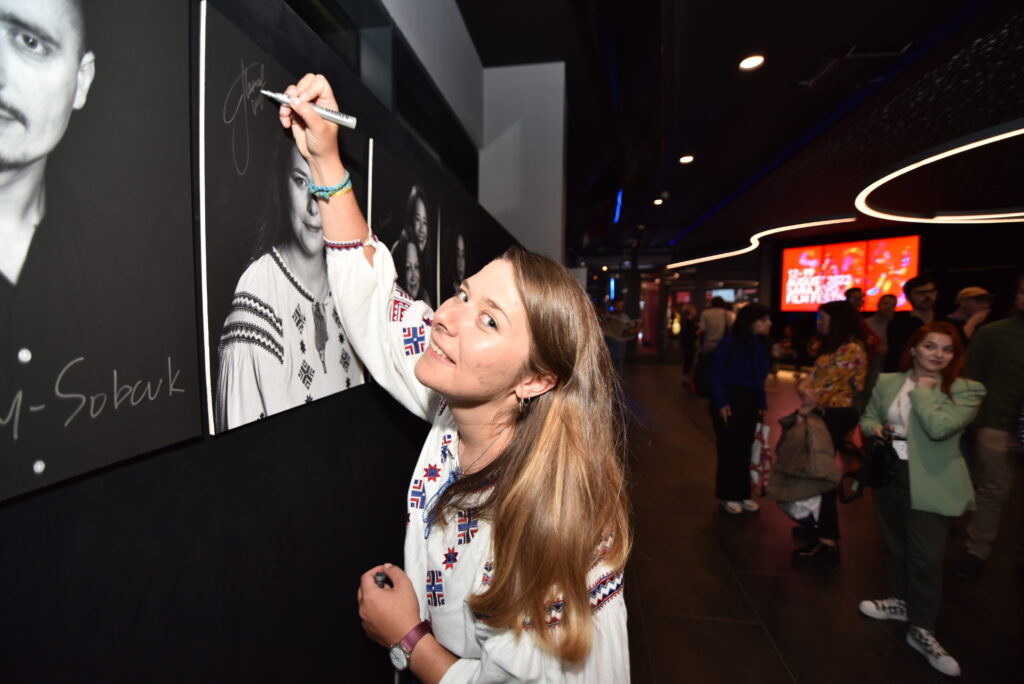
In contrast, one can argue, only three Russian films are being screened this year, which pales in comparison to the 17 Ukrainian films shown this year. Yet 3 is more than 0. One of the titles in the program, which is coming from the terrorist state of russia, is compared to Tarkovsky’s style in the catalogue description, contributing to the continuation of dangerous normalisation of the usual yet not revisioned attitude towards the so-called “great russian culture.” Additionally, every film in the program is paid a screening fee. IFFR, who didn’t halt screening russian films even after the beginning of the invasion, is practically continuing the economic relationships with the terrorist state.
Ukrainian films are also represented across the short & mid-length or ‘cinema regained’ categories, ensuring a wide representation, including recent pictures such as Where Russia Ends by Oleksiy Radynski and Vyacheslav Turyanytsya’s Thoughts on Peace in an Air Raid as well as re-discovered S. Parajanov. Delayed Screening by Yuriy Repik from 1995. Yet none of these sections are competitive.
“But I don’t want to praise a big renowned festival for doing something they should have been doing anyhow,” says Ponomarova, highlighting how these are award-winning films in their own right. “They are not now doing us a favor. They are just finally noticing and placing these films in the same landscape as they should have been by someone who is programming major film festivals with a decolonial gaze.”
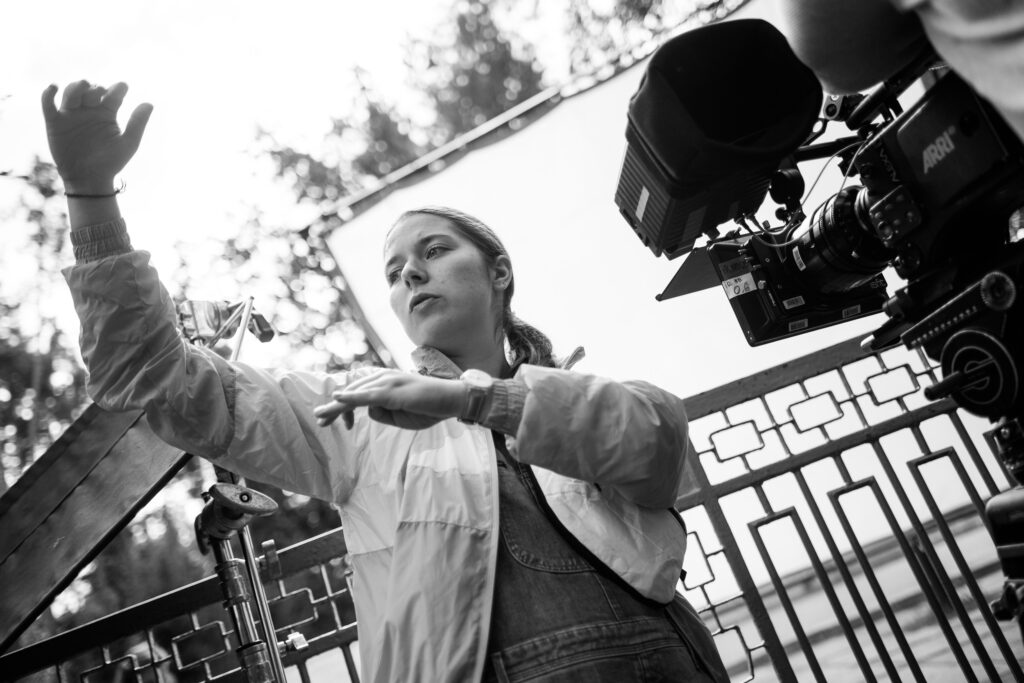
Notably, the only person on the film selection committee for Central and Eastern Europe, Israel is russian film programmer Evgeny Gusyatinskiy, who has held the position since 2011. While the IFFR underwent a massive cull of film programmers to cut costs in spring 2022, the film festival went out of its way to keep Gusyatinskiy, propelling the colonial dynamic of keeping the gatekeeper from (the former) metropole to overlook the films from (the former) peripheries, according to Ponomarova.
Past Ukrainian and russian IFFR film screenings
| IFFR edition | Ukrainian films | russian films |
| IFFR 2015 | 1 | 9 |
| IFFR 2016 | 0 | 6 |
| IFFR 2017 | 1 | 2 |
| IFFR 2018 | 2 | 8 |
| IFFR 2019 | 2 | 9 |
| IFFR 2020 | 1 | 9 |
| IFFR 2021 | 0 | 5 |
| IFFR 2022 | 1 | 5 |
| IFFR 2023 | 3 | 3 |
| IFFR 2024 | 4 | 3 |
| IFFR 2025 | 16 | 4 |
Source: IFFR archive (https://iffr.com/en/archive). Production countries as appearing in the IFFR archive. Country allocations prior to the fall of the Soviet Union may vary and are at the discretion of the IFFR.
Not a full boycott
Mariia Ponomarova has a realistic view of the impact of her IFFR disengagement. “They’re only missing out on about 100 Euros in lost ticket sales from me.” But just as in wartime, political campaigning and economic turmoil, one individual voice alone is capable of disrupting common conventions.
“We have to denormalize the idea that large institutions like the IFFR will go on as they used to no matter what,” she appeals. There are different degrees of valuable disengagement – writing to the IFFR leadership, attending only the Ukrainian screenings, and seeing other Ukrainian films at other events.
Ponomarova doesn’t go as far as to say that she is fully boycotting this year’s festival. A full boycott would require a “sterile” approach for Ponomarova, listing a full removal of herself from the film industry: film credits, premier attendances, future projects and all.
She will still be attending Otherworlds, a premiere of the XR work on Ukrainian pagan and pre-Christian rituals by Sophia Bulgakova which she directed the voice over for, on a crew-invitation basis. However, Ponomarova keeps on being vocal about her position no matter if it’s popular or not and retains a policy to not engage with the festival economically.
And now is no time for Ponomarova to be slowing down. Her documentary Nice Ladies (2024) and short film Three Windows on South West (2023) are still touring film festivals throughout Europe and the US.
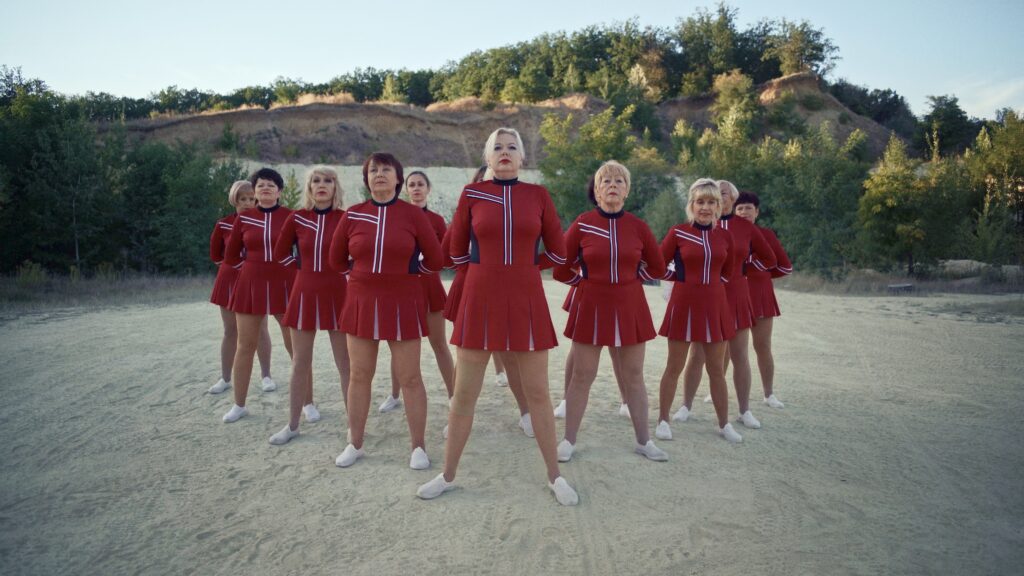
She is currently working on a new hybrid short film called Patronymic, which recently received production funding support from the Netherlands Film Fund.
“It’s important to acknowledge what a film festival is,” Ponomarova concludes. “It’s a platform and cultural space that elevates certain voices, or keeps these voices loud.” The film industry may decide which stories it wants to tell, but each audience member chooses which ones they want to hear.
Mariia Ponomarova is a filmmaker, creative producer and a film industry professional whose works have been screened at various international film festivals worldwide including HotDocs, IDFA, DokLeipzig, Chicago IFF and more. She is a member of the Ukrainian & European Film Academy and a Senior Consultant at the Documentary Association of Europe.
To financially support VATAHA’s work to promote Ukrainian artists, you can make a tax-deductible contribution here!